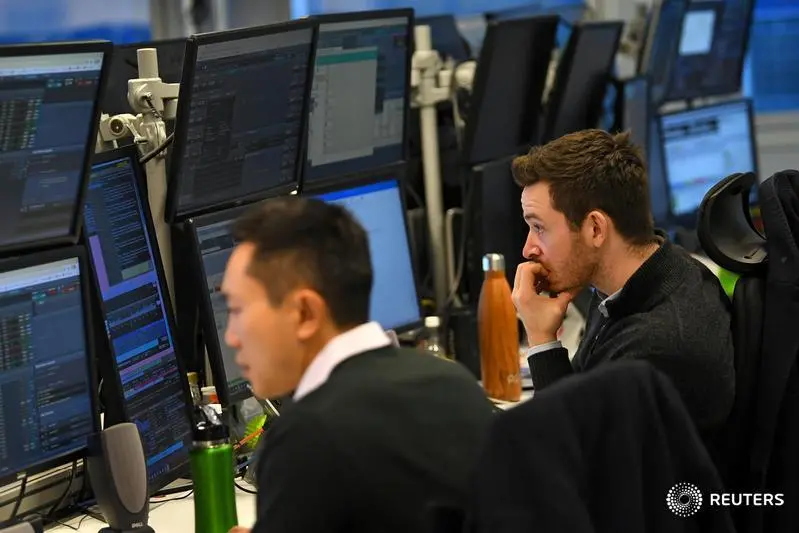PHOTO
LONDON - Richard Branson’s space deal defies financial gravity. The bearded billionaire is selling half his cosmic travel group Virgin Galactic to a blank-check vehicle set up by former Facebook executive Chamath Palihapitiya. The $1.5 billion valuation looks rich. Still, Virgin needs cash, and Palihapitiya has too much of it.
Branson, who founded Virgin Galactic in 2004, has been seeking outside capital for the company which aims to send wealthy punters into space for as little as $250,000. He and fellow shareholder Mubadala Investment Company, Abu Dhabi’s sovereign fund, have sunk $1 billion in the effort. Palihapitiya, who also owns a stake in the Golden State Warriors basketball team, has the opposite problem. He’s had $700 million of investors’ cash in a special purpose acquisition company (SPAC) since 2017, and must return the money if unspent by September.
The deal sees Virgin Galactic dock into Palihapitiya’s SPAC, called Social Capital Hedosophia, which will hand over 300 million pounds in cash, in exchange for a 49% stake, worth $960 million. Palihapitiya will invest a further $100 million, leaving Virgin Galactic with $500 million of cash to fund new rockets.
The $1.5 billion enterprise value looks plausible, so long as Virgin can hit its targets. Branson hopes to generate roughly $600 million of revenue in 2023 and $264 million of EBITDA, implying an EBITDA multiple of just 5.5 times. And, while an EBITDA margin of about 45% sounds high, it’s not out of this world. Once a ship is built, the fuel, passenger training, insurance and other costs add up to just a third of the company’s expected revenue per flight.
But the revenue targets do look stratospheric. Assume each ticket goes for $250,000 and Virgin sells six seats per flight. It would need to launch 2,400 passengers into low orbit every year to hit $600 million of sales. Just 600 people have put up deposits so far. Virgin would need to capture 1% of the world's population each year of individuals with a net worth of more than $30 million, according to Knight Frank data. It will also have to significantly reduce the cost of building spacecraft. After spending $1 billion so far, the company has just one working ship. Like any space missions, Palihapitiya has little margin for error.
CONTEXT NEWS
- Virgin Galactic on July 9 agreed to merge with Social Capital Hedosophia, the investment company run by early Facebook executive and venture capitalist Chamath Palihapitiya.
- The cash-and-share deal gives Virgin Galactic a $1.5 billion enterprise value, or 2.5 times the revenue it hopes to achieve in 2023. The company said the value is also equivalent to 5.5 times its expected EBITDA in the same year.
- Shareholders in the company founded by Richard Branson will control 51% of the combined entity, while Palihapitiya’s group will have a 49% share. Virgin Galactic shareholders will receive $1 billion worth of shares in the combined company and $300 million in cash. Palihapitiya has agreed to invest an additional $100 million in the company when the deal closes.
- Virgin Galactic’s shareholders include Branson’s Virgin Group and Mubadala Investment Company, the sovereign wealth fund of Abu Dhabi.
- Saudi Arabia’s Public Investment Fund in October 2017 said it planned to invest $1 billion in Virgin Galactic and some related companies. Branson last year suspended his directorship in two Saudi tourism projects and halted Virgin Group’s talks on the Saudi investment after the killing of Saudi journalist Jamal Khashoggi.
(Editing by Neil Unmack and Bob Cervi)
© Reuters News 2019





















